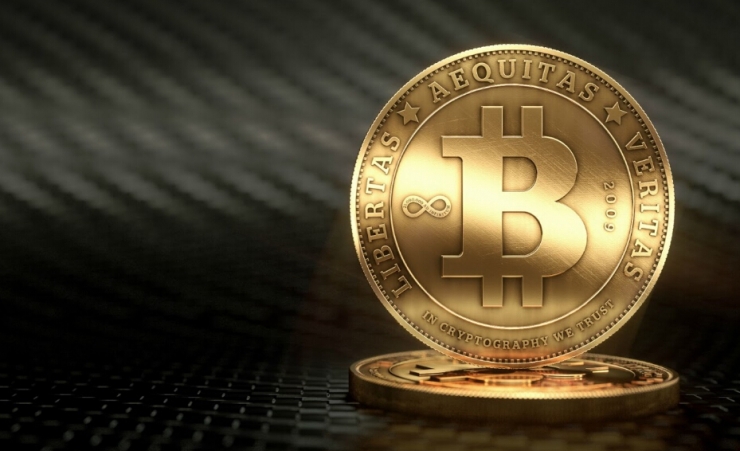
According to Bloomberg News, two Bitcoin exchanges in China revealed that Baidu quietly removed all advertisements for bitcoin and other forms of virtual currency, which may mean that the alert for online fraud is becoming stricter.
Both OKCoin and FireWire.com have stated to the media that Baidu’s actions started on Thursday. This may be another cleanup of Baidu's advertising, especially after advertising scandals such as gambling and medical services.
However, Baidu’s actions on Bitcoin may also reflect the attitude of the government. Although more than 90% of the world's bitcoin transactions have occurred in China, the central bank still considers it to be not a real currency. The PBC has already taken some measures to prevent bitcoin from getting too deep into the financial system and is also investigating the possibility of issuing its own virtual currency.
Lei Feng network in Baidu query "bitcoin" keywords, found that search results are indeed clean, unlike Baidu, and other such as "Forex" and other keywords will have promotional advertising.
The currency trend is responsible for Pan Guofei’s analysis of Lei Feng Net (search for "Lei Feng Net" public concern) , indicating that Baidu may be prohibited for two reasons:
One is that there are so many teams that use the Bitcoin slogan for MLM. Many people go astray. The pseudo-decentralized currency (essentially a bunch of figures in the database) that some MLM gangs do is recommended to people who do not know the truth, resulting in loss of the masses.
The second is that some Ponzi schemes are also using bitcoin as an intermediary to play games of drums and flowers, resulting in loss of the masses.
If the advertisement is discontinued for one reason, it will essentially allow more people to participate in the MLM scam. Advertising on Baidu is a formal large-scale trading platform. These platforms guide investors and help differentiate the difference between MLM scams and Bitcoin. Now that the advertisements have been unloaded, investors cannot find reliable and formal platforms, and they are more likely to be attracted to informal small platforms. The probability of being cheated is even greater.
If it is because of the second reason, it is unnecessary. Compared to the p2p run, the use of digital currency as a Ponzi scheme is more of a feat. And without the regular digital currency, there will be more people to create more fake digital currency.
Kapronasia, a consulting firm, said that this may be a precursor to the introduction of more localized virtual currency measures, but it may also be to protect consumers, because there have been many cases of fraud occurred in users who are keen on speculative trading.
With the rise of Bitcoin, digital currency has also received more and more attention. Bitcoin requires high-performance computers to “mine†and uses a distributed billing system that can effectively retain payment history information, with features such as decentralization and anonymity. Financial institutions have tried the application of bitcoin underlying blockchain technology but are still cautious.
The central bank also established a digital currency and application research group in 2014. In January this year, it also exchanged views with Citigroup and Deloitte, but did not specifically explain what technology will be used to issue digital currency or how to coordinate with the renminbi.
Li Guopan stated that, in any case, this advertising ban would have little effect on the development of the Bitcoin system and the digital currency industry, unless the domestic network banned Bitcoin and other digital currency related keywords (just like Twitter and Facebook. ).
Recommended reading:
The World Economic Forum reported that it is endorsed by the blockchain, but we still have to be wary of these issues
The original ICBC President: blockchain or transaction vulnerability, not to ignore the financial rules
